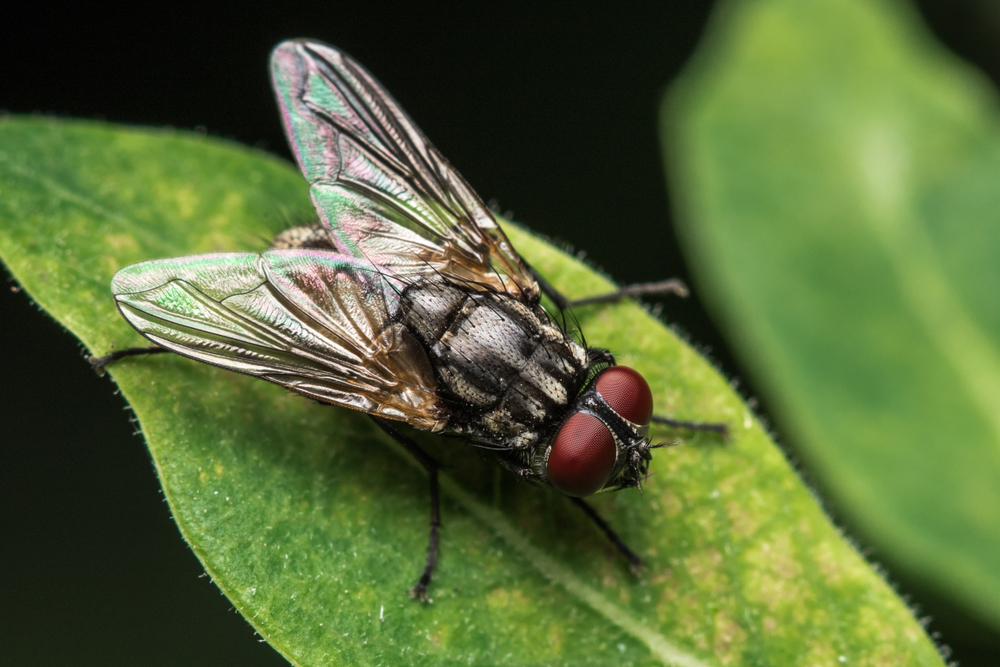Flies always breed in a decaying living matter like dung of domestic animal and birds, garbage, open sewerage. Decaying live matter etc. Each female lays around 120to 150 per laying and total eggs laying varies from 600 to 900 eggs and the total life cycle is completed in 25 to35 days.
Flies can be a nuisance when buzzing around your premise, particularly if in large numbers. However, some species of fly also pose health risks to humans. House flies transmit a wide range of diseases including salmonella, dysentery, tuberculosis, cholera, and parasitic worms. In India, there is a high risk of disease transmission through flies. During emergency situations, when hygiene conditions are less than optimal, flies often are the main reason for cholera and dysentery epidemics. But even under normal conditions, children and the elderly are at a greater risk of conducting more common diseases such as salmonella food poisoning from fly contaminated food.
Flies spread diseases because of their breeding and feeding habits. Bacteria from where the fly usually feed on would get stuck on their mouthparts and footpads eventually spreading onto places they land on. Imagine if it’s exposed food that you are about to eat.
The PestoCop Solution
PestoCop has a range of services and products to help control flies in your home or business. Our technicians are fully trained to locate the source of the issue, identify the species, the causes, breeding areas, and entry points, give you the right advice, and treat you accordingly.

